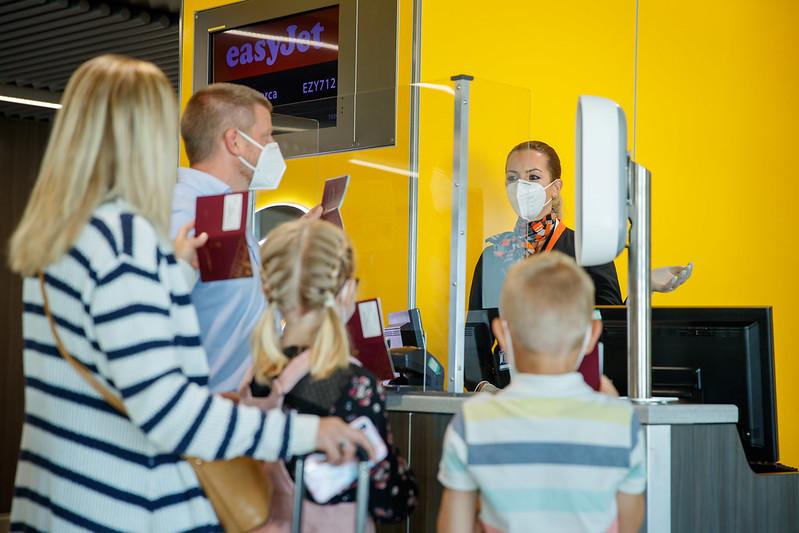
The outlook for summer 2021 may be looking brighter than was the case in summer 2020, but questions remain over how long COVID-19 safety precautions will linger for airline passengers.
Where human health is concerned, it is understandable to take steps to mitigate the risk, providing those steps are reasonable. However, history has shown that regulators can be very quick to instigate new rules, but then be reluctant to lift them.
For example, the limits on quantities of liquids and gels that can be carried in hand luggage have been in effect worldwide for some 15 years. Airport screening technologies have moved on considerably in the past decade, but despite moves and promises to relax the rules nearly, the restrictions remain in place. In the US, TSA has made exemptions this past year to allow people to carry larger bottles of sanitizer. If that can be done safely, why are general liquid and gel restrictions still in place?
EasyJet CEO Johan Lundgren has warned that aviation could be left with a “residue” of restrictions that remain in place because of accountability, rather than safety, in the wake of the pandemic.
“We’re so afraid that the residue of all these things that have been put in place [for COVID-19] is just going to be there,” Lundgren told ATW. “Decision makers will feel: ‘Why should I risk putting my neck out to talk about removing them; it’s safer to leave them in place.’”
Lundgren believes data is the answer. He argues that any restrictions and preventative measures should be supported by medical and scientific data, along with further data points that indicate that the measures can be relaxed.
“This is one of my concerns, when we are asking for the data and the evidence [about] why certain things are in place. If you don't know that at the time of introduction, how do you then know when you're going to remove them?” he told delegates at the World Aviation Festival Virtual.
Just as some people with COVID-19 take a long time to recover, aviation’s recovery is likely to come in stages. The industry will ultimately return to full health, but it will get there much quicker if any new regulations and restrictions are based on data, not hunches and guesses.
